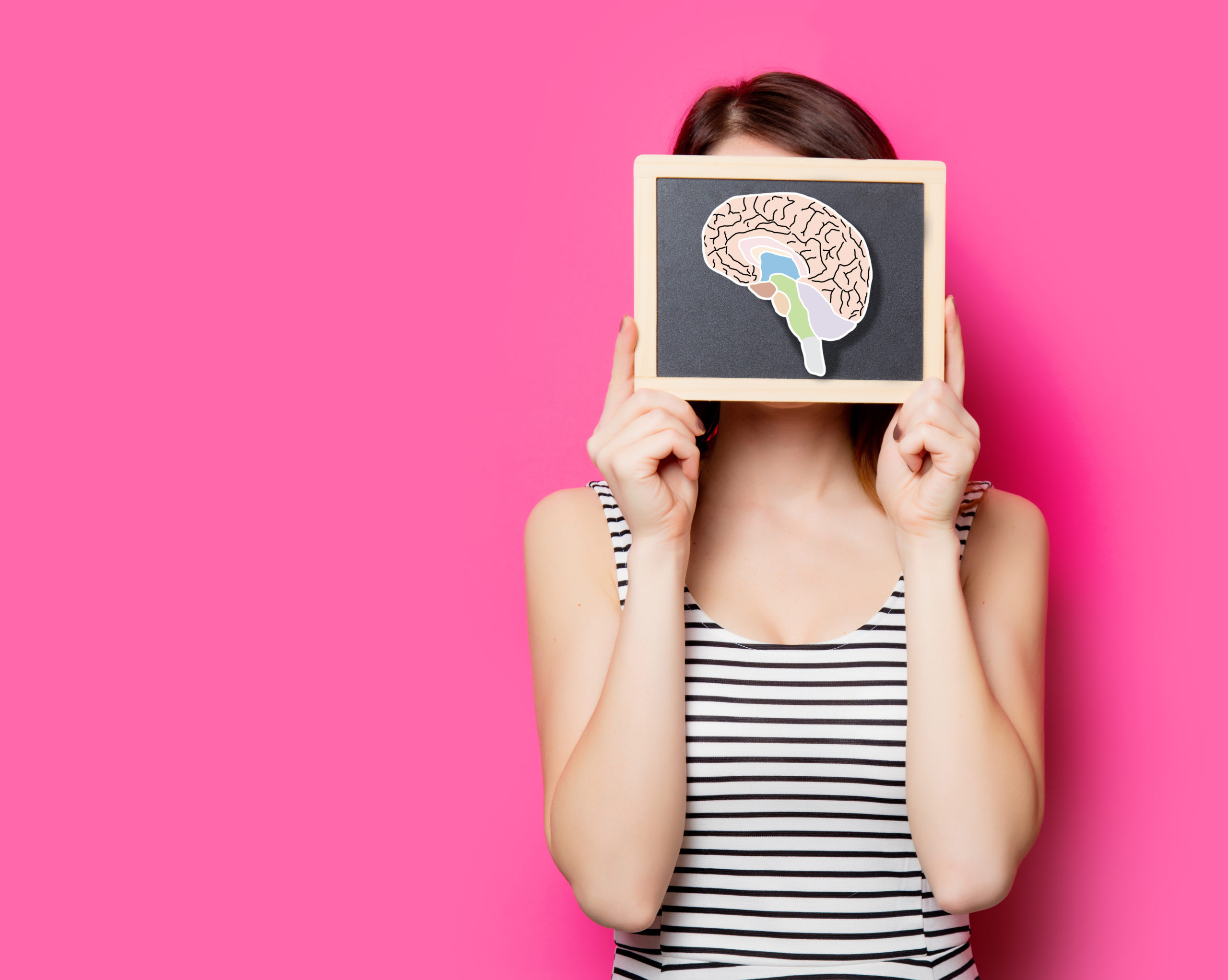A Beautiful Brain
It’s no secret we live in world filled with anti-aging messages. Each year, the beauty industry alone spends nearly 400 billion (yes, billion) dollars trying to convince us that fine lines and dark spots are the root of all evil. Apparently, a happy, vibrant life is dependent on maintaining a youthful appearance. It sounds pretty crazy, right? What if we replaced these messages with healthier ones; ones that focused on cognitive anti-aging instead? What if we valued beautiful brains over tight skin?
Don’t get me wrong. I’ll admit to purchasing the latest, greatest miracle moisturizer. Who doesn’t want a glowing complexion? But I’m even more concerned about the quality of life and relationships with age. As someone who has witnessed the painful decline of a loved one with Alzheimer’s, the fear of dementia is very real. Yet, cognitive health is not something we talk about nor promote nearly enough.
So…One of the first things I did post retirement was to enroll in a brain fitness course through the local community college. In San Diego, we are fortunate to have a large non-credit program that offers hundreds of free courses for seniors. Brain fitness is one these gems.
There were three components to the course: zoom sessions with the instructor, online materials to review, and a series of electronic brain exercises. We subscribed to software called “BrainHQ” which was developed by neuroscientists to improve brain speed, navigation, memory, people skills, and intelligence. The software responds to individual performance, challenging the user to continuously improve. Personally, I enjoyed (and excelled at) the people skill exercises but struggled with navigation and memory activities (no surprise there). And while some of my fellow students referred to these exercises as “video games” they didn’t feel like games to me. I was often frustrated and angry with my performance. “No pain, no gain”, the instructor kept reminding us.
Unfortunately, people don’t realize that brains can benefit from a fitness routine much like the rest of the body. This isn’t surprising given the fact that scientists once believed that age related decline was simply inevitable. Things are different though. We now know through volumes of research that the brain is malleable versus fixed. Though a process called “neuroplasticity” the brain can rewire itself and build new neural connections in response to injury or learning. Yep, it’s complicated and I’m certainly not an expert, but here’s the bottom line…. When we push ourselves to learn something new and challenging, the brain responds by creating neural pathways which contribute to healthier brain functions. In contrast, when the brain is not stimulated with new material, a process called “pruning” occurs where neural connections actually die (use it or lose it).
Overall, the class was amazing (so much so, I took it twice). Takeaways included:
- Step out of your comfort zone and continually learn new, challenging things. The possibilities are endless (foreign language, musical instrument, travel experiences, hobbies, complex readings).
- Diet and exercise are important (not surprising). Inflammation is the enemy for both body and brain. Think Mediterranean diet, rethink sugar intake.
- Be a social being. Socialization has a direct connection to cognitive functions (and longer, happier lives).
- Rely on the cell phone a bit less. The temptation to turn to this device for everything from directions to informational recall is strong. Take a moment and make your brain work for it!
- Be optimistic. Positive thinking can alter brain chemistry and lead to a variety of desirable outcomes (happiness, less stress, creativity, problem solving).
After nine months of simple life changes and exhausting brain exercises, did the class make a difference? It did. Not only were there improvements in the BrainHQ focus areas, something pretty amazing happened…. I stopped falling. Yep, falling. I’m a bit of a klutz who has taken numerous spills, often from moving too fast or being distracted (or both). Since completing the course (and focusing on brain health) there have been no falls which is a huge win. Yay! The difference lies in processing and response time. While still a klutz, I’m able to catch myself and self-correct before hitting the ground.
In the end, a beautiful brain will serve us better than flawless skin. There are no guarantees in life, but it’s empowering to know that a commitment to healthy living and brain fitness can make a real difference.
A few links and notes:
- Brain Fitness Class- San Diego College of Continuing Education (www.SDCCE.edu).
- BrainHQ Software- www.brainhq.com This is a subscription service but they offer a daily exercise for free if you want to check it out.
- Check out the literature on the brain plasticity. There is so much available and it’s both informative and inspiring.

